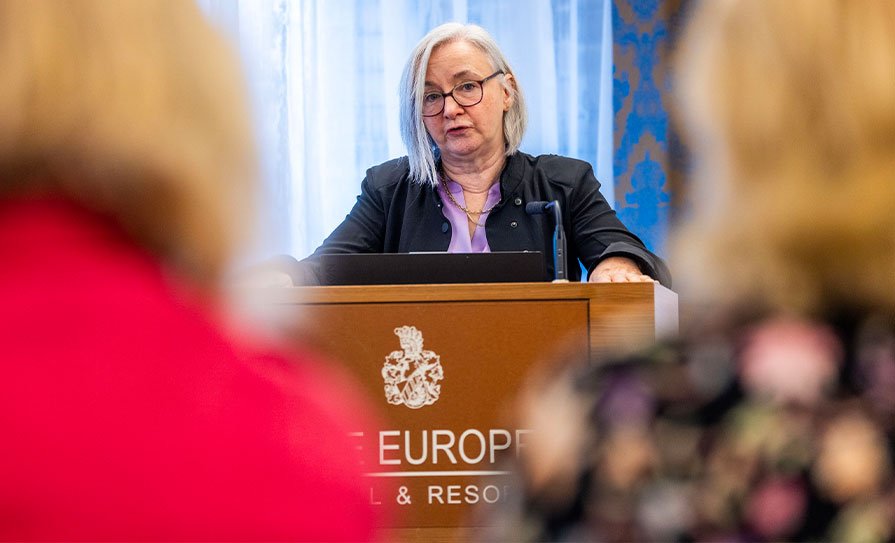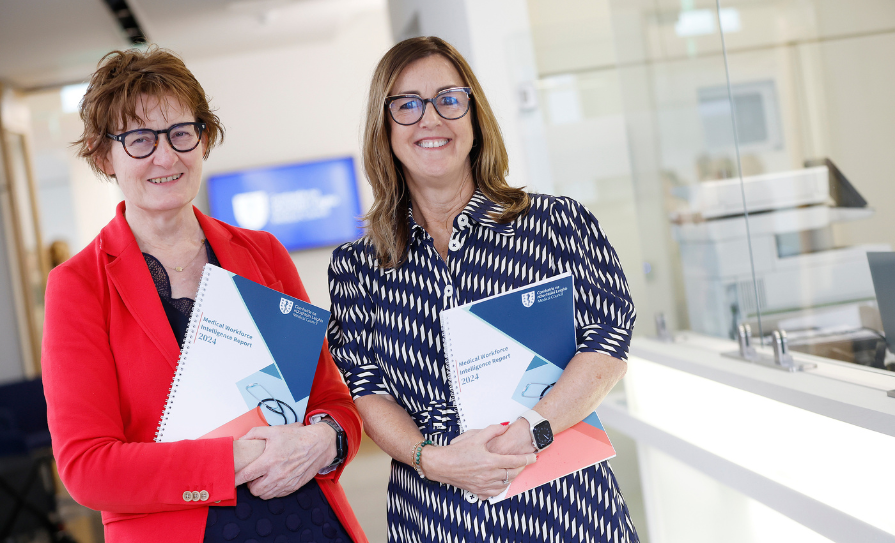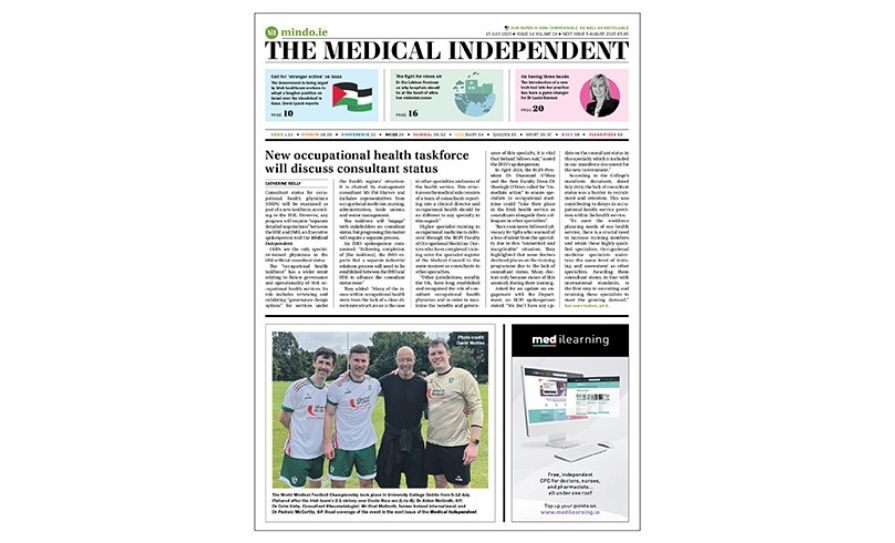The Government’s decision to delay the planned rollout of alcohol health information labelling, is a “serious threat to public health”, according to the IMO President.
Dr Anne Dee, a Consultant in Public Health, said the delay “until 2028 at the earliest”, places corporate interests ahead of the health and wellbeing of Irish people.
The Government’s action would result in preventable incidences of cancer, increased incidences of liver disease, and harm to children “because of a refusal to fully enact a bill signed into law seven years ago”.
Dr Dee added that the labelling provisions under the Public Health (Alcohol) Act 2018 are a critical tool in reducing alcohol-related harm, particularly when Ireland “continues to experience worsening rates of liver disease, alcohol-related cancers, and foetal alcohol spectrum disorder”.
“This is about giving people the basic information that alcohol causes cancer, liver damage, and harm during pregnancy. These are irrefutable facts. There is no excuse for keeping them off the label,” she said. “The longer this Government delays, the more irreversible damage is done.”
The IMO President further criticised the influence of “vested interests” in opposing the measure.
“We welcome the fact that the Government recently reiterated its refusal to meet with representatives of the tobacco industry in keeping with Ireland’s obligations under international frameworks that recognise health-harming industries. But why is the alcohol industry, which produces a substance that results in the deaths of up to 1,500 people in Ireland every year, treated differently?”
Dr Dee reiterated that the full implementation of all measures in the Public Health (Alcohol) Act “must happen” without any further delay.

























